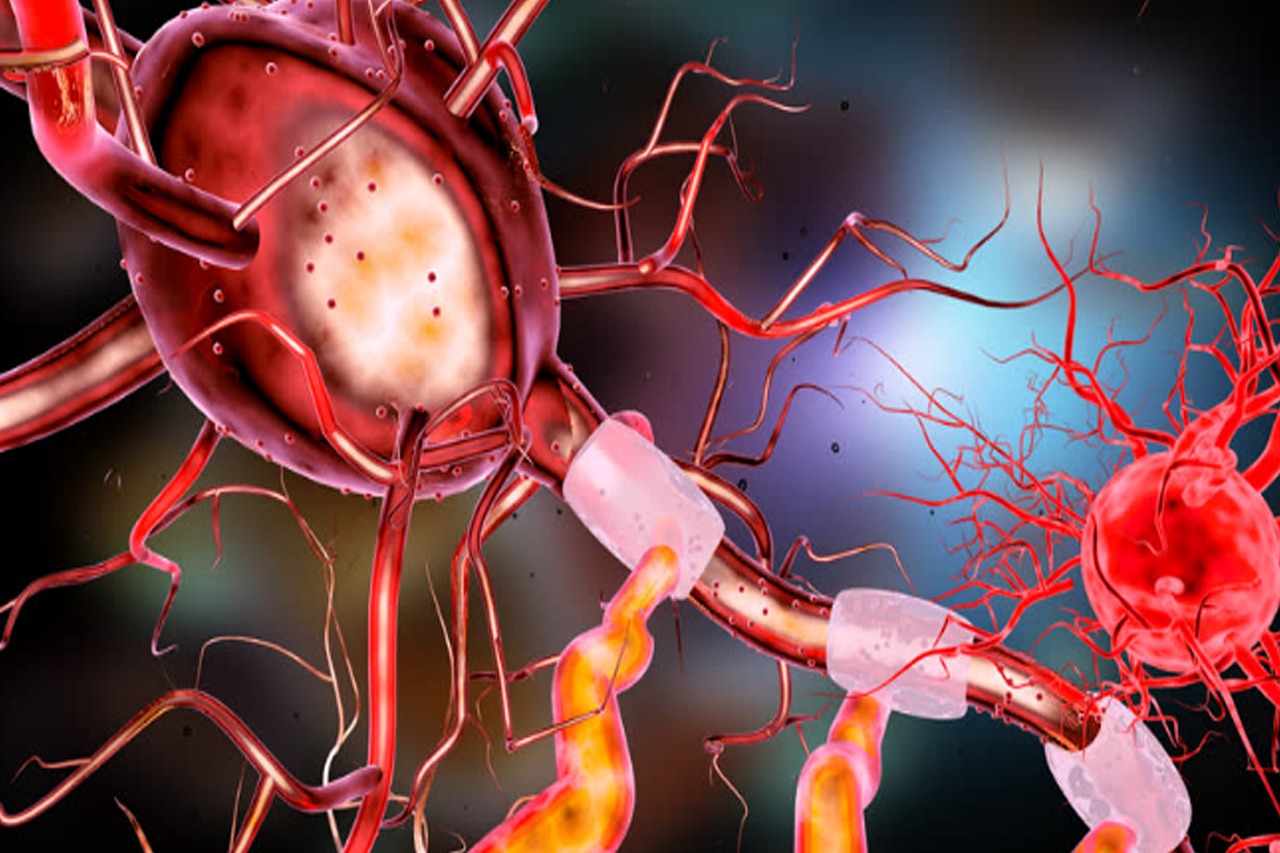What Is Nicotinamide Adenine Dinucleotide (NAD+)?
Nicotinamide Adenine Dinucleotide or NAD+ is a coenzyme found central to almost all types of anabolic and catabolic biochemical reactions. It is present in cells and was first discovered by Sir Arthur Harden in a boiled yeast extract. The structure of NAD+, as indicated by its name, consists of two covalently bonded mononucleotides, one of which consists of Adenine nucleobase and the other consists of Nicotinamide.
What is the Primary Biological Necessity of NAD+?
Electrons are a considered to be a strong source of energy. Their transport, loss, or gain is a source of energy. This energy drives most biological processes. Nicotinamide Adenine Dinucleotide has been regarded by researchers as the main shuttle bus that transfers electrons between molecules and cells inside living organisms. It appears to participate in all the vital energy-producing chemical reactions. In addition to energy production, Nicotinamide Adenine Dinucleotide has been speculated to regulate the circadian and sleep/wake cycle.
Natural Changes in NAD+ Levels
Cell aging is considered to result from a gradual decline in endogenous Nicotinamide Adenine Dinucleotide levels, indicating that low levels of NAD+ may contribute to some age-related diseases. Research suggests that DNA damage, one of the hallmarks of cell aging, may activate a family of enzymes called PARPs. The PARPs repair the damaged DNA by using NAD+. With more damaged DNA during cell aging, the PARPs may consume more Nicotinamide Adenine Dinucleotide resulting in a decline in concentration.
Research also suggests that immune system activity increases with cell aging via the activation of different enzymes. Since these enzymes use NAD+ in some ways, immune system overactivity may potentially reduce NAD+ levels.
Sirtuins are another class of proteins associated with function cell turnover and autophagy by bringing about the genetic repair of chromosomes. These sirtuins have been speculated to employ NAD+ and hence, may potentially be reduced in their concentrations over time.
Nicotinamide Adenine Dinucleotide (NAD+) Research Implications
Extensive investigations have been done on the potential implications and actions of NAD+. According to these studies, Nicotinamide Adenine Dinucleotide has been linked to processes in cardiovascular function, nervous system function, muscle cell activity, cell aging, and certain metabolic disorders. Researchers speculate that a decrease in the levels of Nicotinamide Adenine Dinucleotide may be associated with the onset of various disorders. Significant research has suggested that an increase of NAD+ levels may provide certain protective characteristics against various metabolic and neurodegenerative disorders.
Nicotinamide Adenine Dinucleotide may regulate muscle activity, cell growth, and sustainability. Several studies on muscle tissue from mice have indicated that high levels of NAD+ in the muscle tissue are associated with improved muscle cell function and development. Nicotinamide Adenine Dinucleotide has been suggested to improve muscle cell function and activity by upregulating mitochondria in the muscle cells. Since mitochondria are the powerhouse driving all the energy-requiring processes in the muscle cells, improving their function may directly impact muscle cells.
The elastic degeneration of the walls of arteries is one of the most common pathologies associated with cardiac dysfunction. Research on mice has suggested that boosting NAD+ levels may improve cardiac functioning. By maintaining the levels of NAD+ at the baseline, researchers appeared to have reduced the overall risk of heart enlargement, ischemic death, and injury in the murine models.
Disclaimer: The products mentioned are not intended for human or animal consumption. Research chemicals are intended solely for laboratory experimentation and/or in-vitro testing. Bodily introduction of any sort is strictly prohibited by law. All purchases are limited to licensed researchers and/or qualified professionals. All information shared in this article is for educational purposes only.






